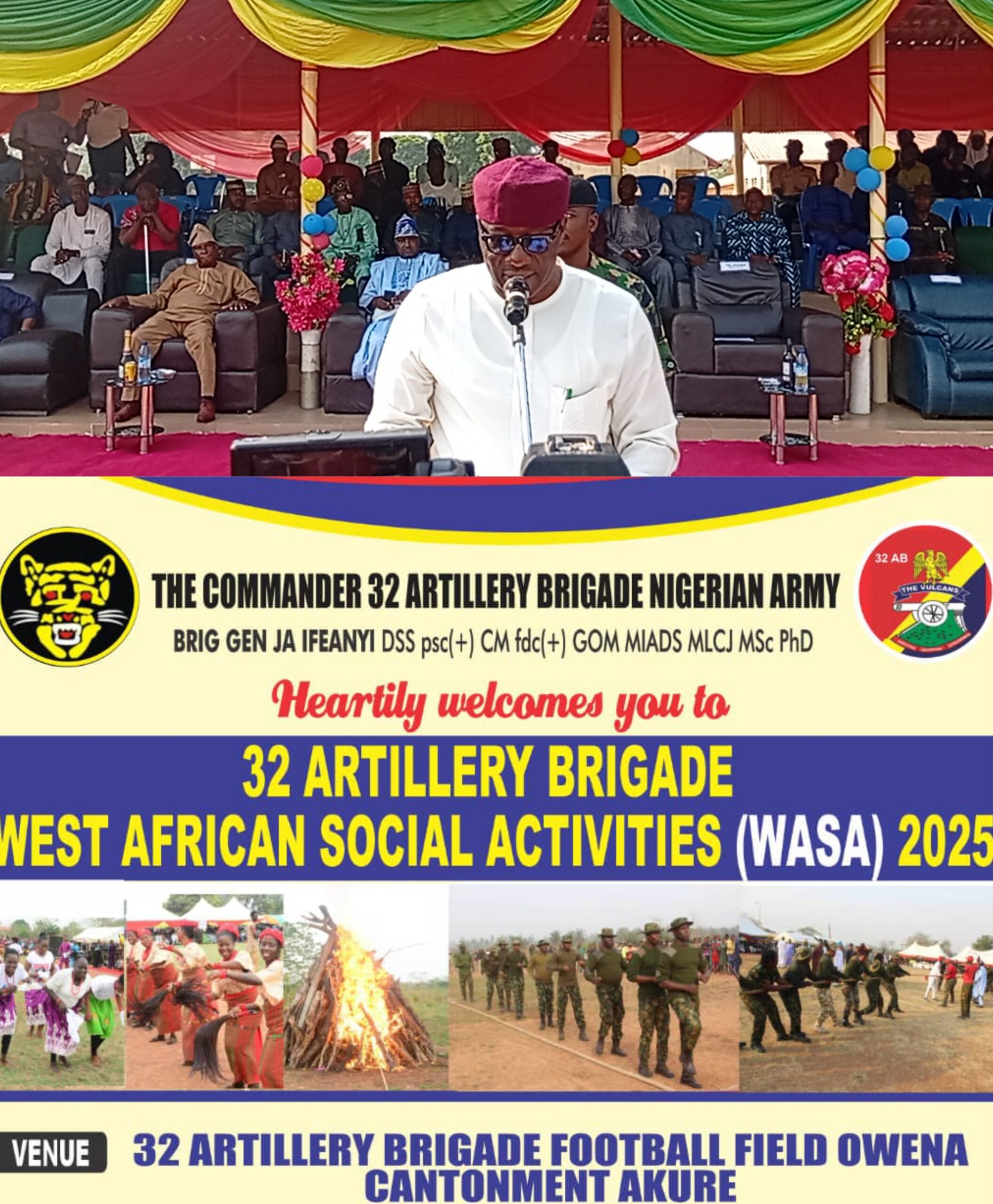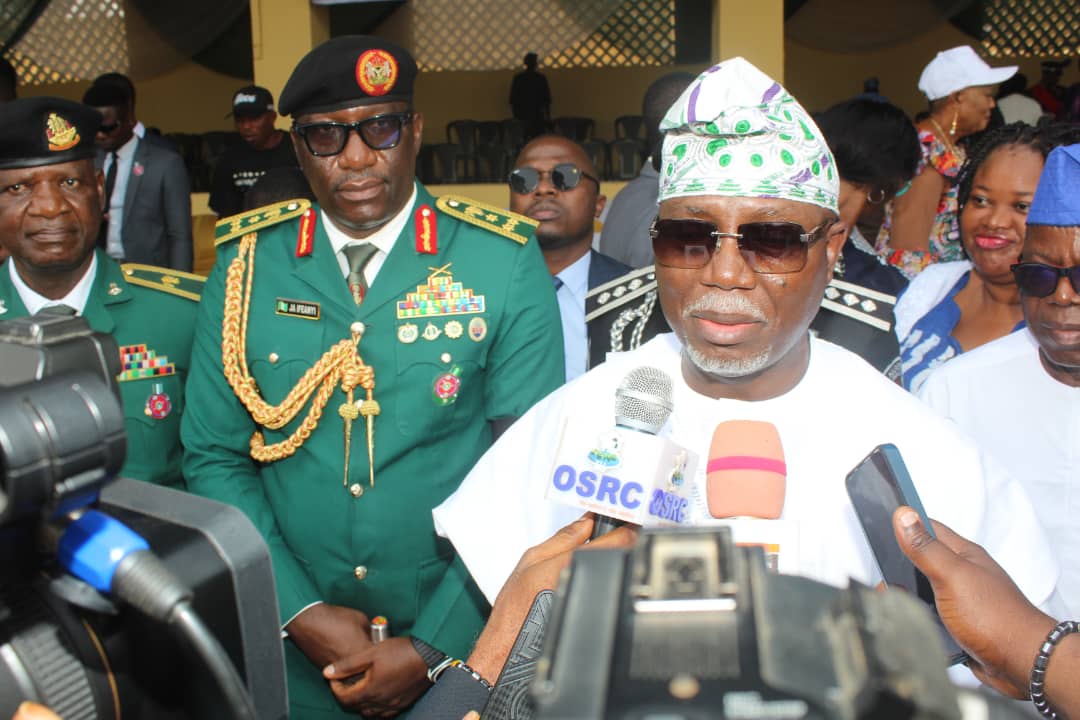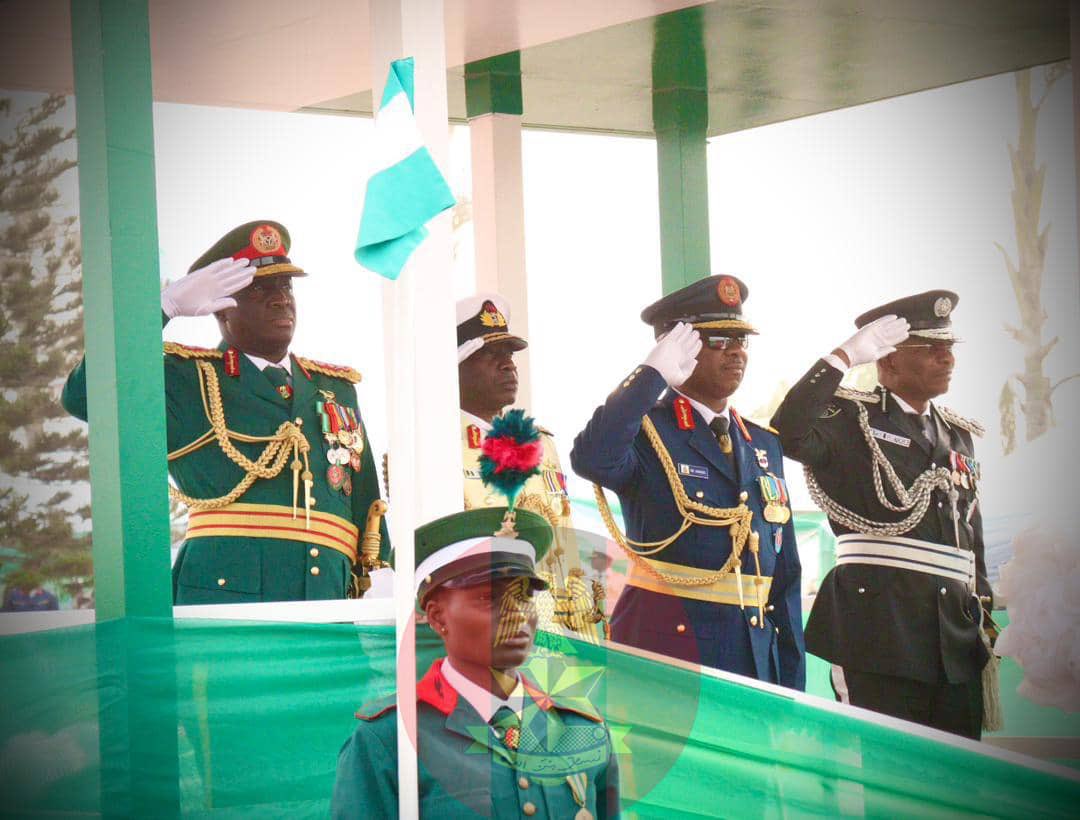The Nigerian Army’s 89th Regular Recruits Intake, which closed on May 17, 2025, revealed a troubling trend: low participation from Southern states such as Lagos, Rivers, Delta, Enugu, and Abia. In contrast, northern states like Kaduna and Borno saw thousands of applicants despite ongoing security challenges. This disparity highlights more than just numbers—it reflects a deeper lack of trust and connection between the military and many Southern youths.
For many in the South, joining the army feels unsafe and unrewarding. Stories of poor equipment, delayed salaries, and risky postings, especially to conflict zones in the North-East, discourage enlistment. Historical trauma, especially in the South-East where memories of the Civil War linger, adds to this hesitation. In many Igbo families, the military is still seen as a symbol of past oppression, making service feel like a betrayal of heritage.
Even those who choose to serve often face a different challenge: marginalization within the ranks. Reports of slower promotions and fewer leadership roles for Southerners contribute to a perception of bias. Combined with the rise of separatist sentiments, many young people in the South now view the military as part of a federal structure that excludes them, rather than a place to build a future.
This disconnect poses a serious risk to national unity. The Nigerian Army must do more to rebuild trust—ensuring fairness in promotion, improving conditions, and increasing representation of Southern officers. At the same time, Southern youths should consider how national service can also be a path to empowerment. A military that reflects all regions makes the country stronger. The current silence from the South is a signal Nigeria can no longer afford to ignore.






